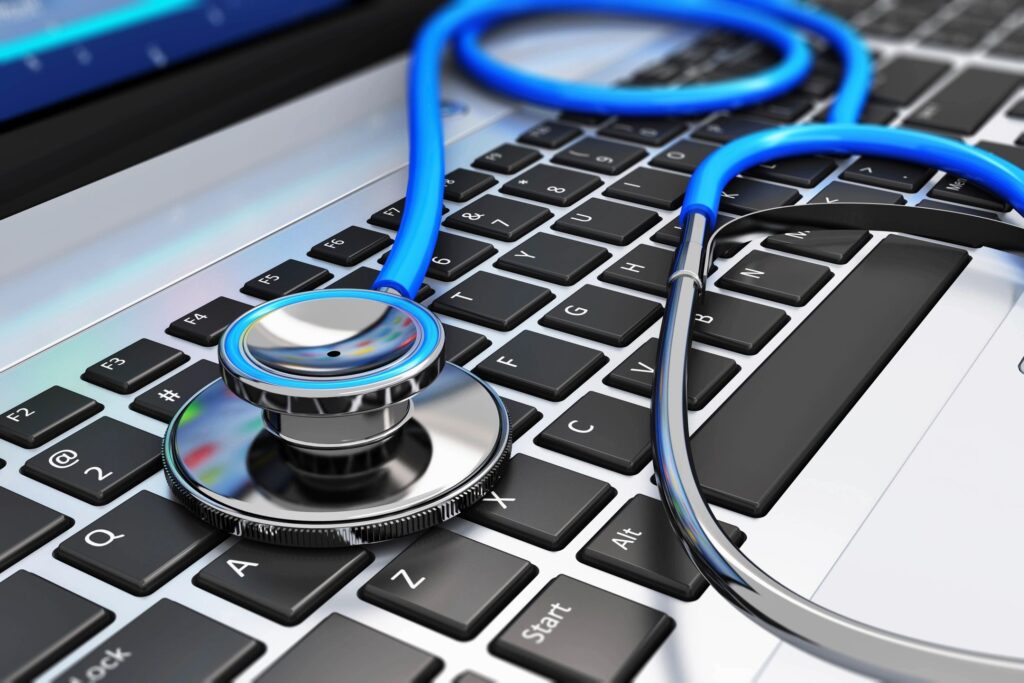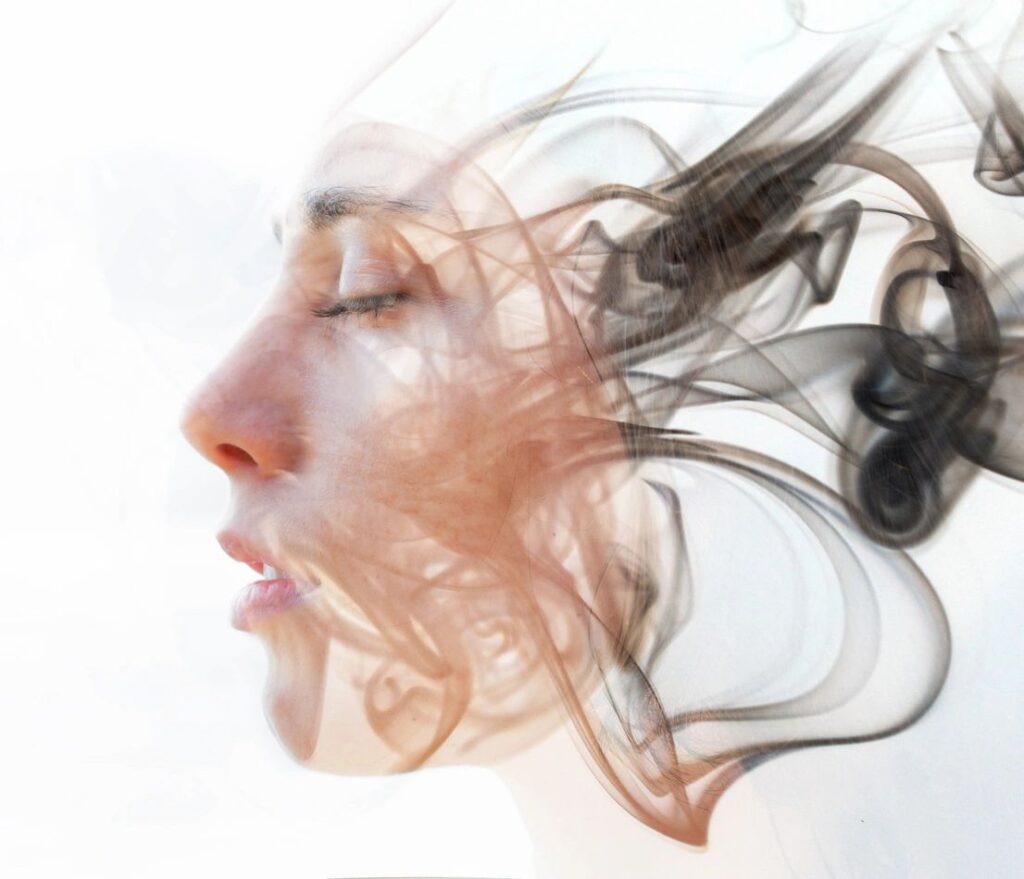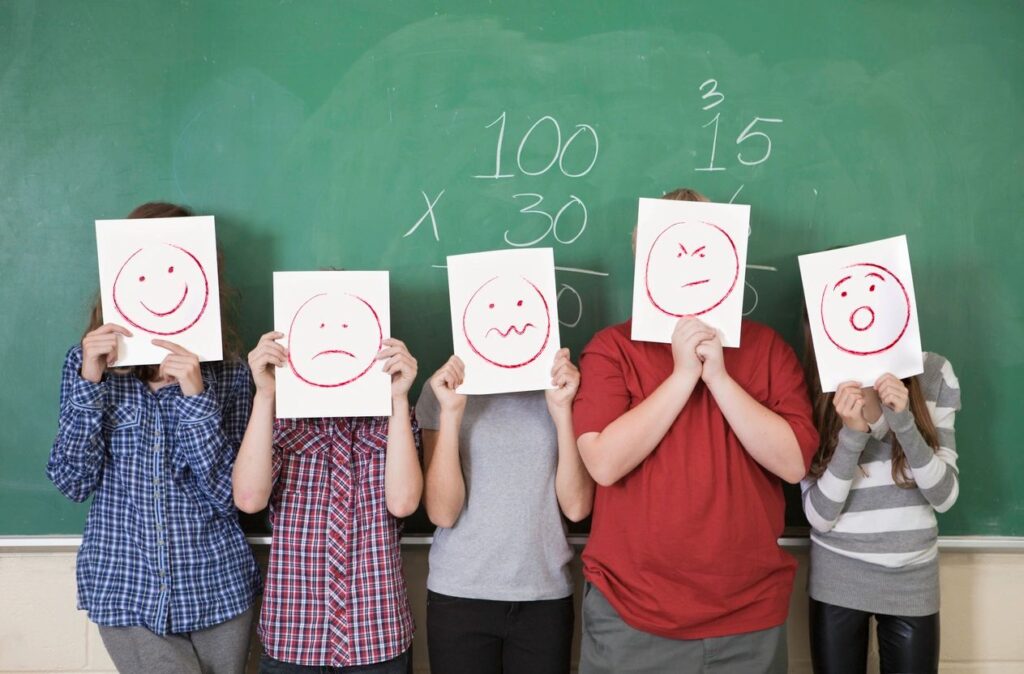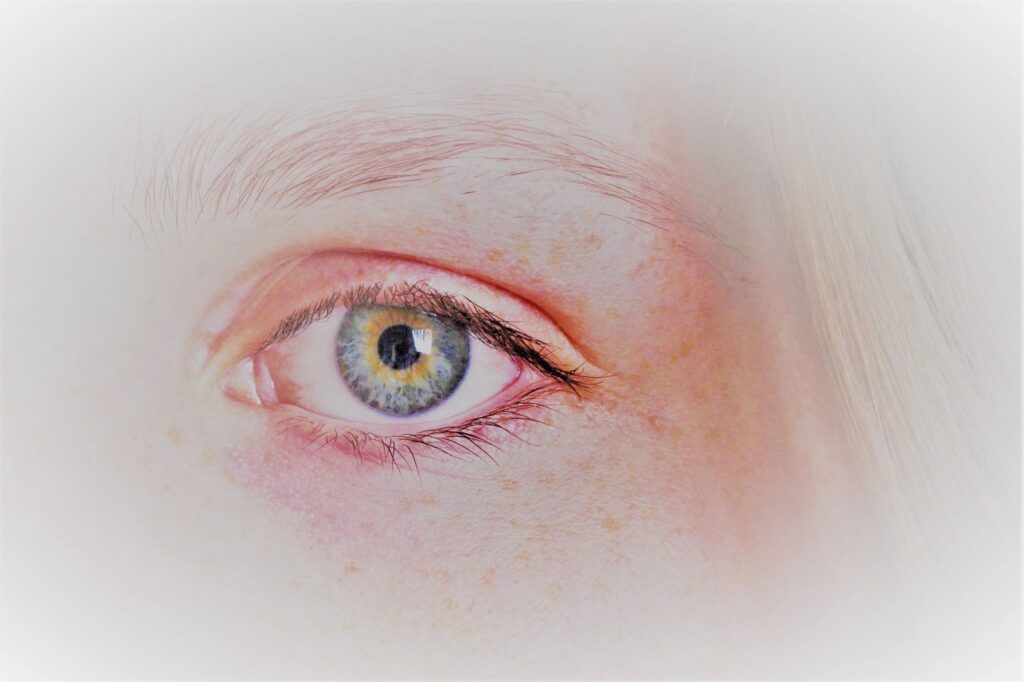Health Psychology
The Role of Press Releases in Overhyping Health Research Findings
Today, things are going to get a little meta. I’m going to write about a scientific study about writing about scientific studies. The basic question up for investigation is: why do the results of scientific studies on health-related topics so often get overstated when they’re covered in the media? You might already have a sense…
Read MoreStudy Shows Uptick in Posttraumatic Stress Symptoms During Lockdown
In March, as public health officials around the world were dialing up measures against COVID-19’s spread, a group of researchers published an article in The Lancet highlighting the potential psychological consequences of widespread quarantine. When that article came out, most of the available evidence was from past epidemics. The authors pointed out that little was…
Read MoreNight-Owl Teens Might Be Angrier
Psychologists that research people’s “chronotypes,” or their propensities to go to bed at different times, have found that early and late risers tend to differ in a variety of ways. In many cases, the findings haven’t exactly been good news for night owls. Studies have suggested that night owls are more likely to have emotional…
Read MoreLockdown Might Be Changing People’s Sleep Patterns
If you feel like social distancing is keeping you awake at night, you could be right. A new survey of 1,310 adults in Italy during the country’s total lockdown points to a range of effects that lockdown might have for sleep habits. At the end of March, participants in the study took an online survey…
Read MoreStudy Shows Benefits of Dry January
We’re only in May, but it’s never too late to start thinking about your New Year’s resolutions, right? After all, 2020 probably can’t be over soon enough! For those contemplating a January self-improvement kick, a new study offers some food (but definitely not some drink) for thought. Increasingly popular is the phenomenon of Dry January,…
Read MoreCOVID-19 Might Be Changing People’s Intentions of Becoming Parents
The new way of life brought about by the current pandemic has many people rethinking their long-term plans, and that may include reevaluating their desire to have children. According to a new study in the Journal of Psychosomatic Obstetrics and Gynaecology, the effect of COVID-19 on people’s intention of having kids might work in both…
Read MoreJobs That Involve Dealing With New Information Might Help Brain Health
Do you have a job where you regularly find yourself having to take into account and adjust to new information? That can keep you on your toes, but it might also help keep your brain in top shape over time, according to a new study from researchers at Columbia University. In the study, researchers analyzed…
Read MoreThe Mental Health Unknowns of COVID-19
For people around the world, the COVID-19 pandemic has meant a major disruption to familiar ways of life. With changes being implemented rapid-fire in response to the immediate need to slow the spread of COVID-19, relatively little is known about what the long-term, secondary consequences of those changes will be. When it comes to mental…
Read MoreFive Hours of Sleep a Night Biases People Toward Negative Interpretations
We all know that nothing good comes from cutting sleep out of your life. First, there are the cognitive effects. Sleep deprivation influences people’s performance in ways similar to alcohol consumption, which is what makes drowsy driving similarly dangerous to drunk driving. Then there’s the simple feeling of tiredness, having to get through the day…
Read MoreIs Exercise and a Nap the Magic Combination for Memory?
Working out and lying around snoozing might seem like activities that are opposites, but sleep and exercise have at least one thing in common: they can potentially boost memory. The cognitive benefits of naps have led some people to suggest that high schools should have nap time, while exercise carries a variety of benefits for…
Read More









